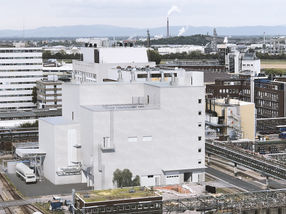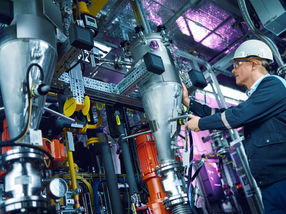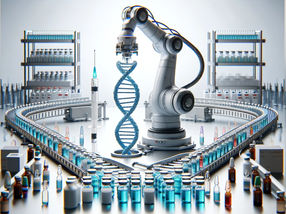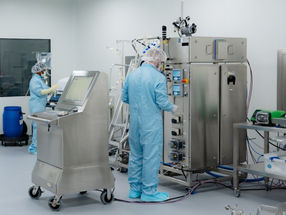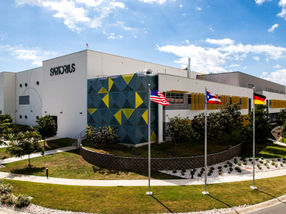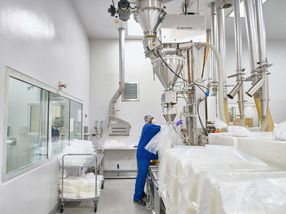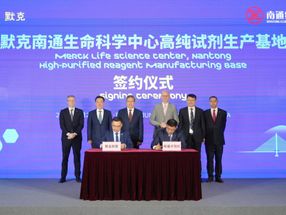Lonza Invests in Single-Use Technology and Facility Upgrades for Clinical Antibody Drug Conjugate Manufacturing
Lonza announced investment plans for technology and facility improvements to its Antibody Drug Conjugate (ADC) clinical manufacturing facility in Visp, Switzerland. The planned upgrades include the introduction of single-use technology for flexible ADC manufacturing, along with a recently optimized plant layout and revamping of the Heating, Ventilation, Air Conditioning (HVAC) systems, which has resulted in a larger ADC production area. The addition of single-use manufacturing systems will reduce potential product contamination risks and allow for increased manufacturing capacity of existing and novel ADC platforms. Currently, Lonza’s clinical ADC plant in Visp produces toxicology lots, early-phase GMP lots and GMP re-supply lots to support ongoing clinical trials for several different product candidates.
The facility re-design was already completely this spring over a seven-week period and will allow for greater flexibility in new clinical ADC product introduction. The second wave of single-use technology adoption and qualification is underway and will ultimately reduce cleaning and changeover times between manufacturing campaigns.
Most read news
Other news from the department manufacturing

Get the life science industry in your inbox
From now on, don't miss a thing: Our newsletter for biotechnology, pharma and life sciences brings you up to date every Tuesday and Thursday. The latest industry news, product highlights and innovations - compact and easy to understand in your inbox. Researched by us so you don't have to.
Most read news
More news from our other portals
See the theme worlds for related content
Topic world Antibodies
Antibodies are specialized molecules of our immune system that can specifically recognize and neutralize pathogens or foreign substances. Antibody research in biotech and pharma has recognized this natural defense potential and is working intensively to make it therapeutically useful. From monoclonal antibodies used against cancer or autoimmune diseases to antibody-drug conjugates that specifically transport drugs to disease cells - the possibilities are enormous

Topic world Antibodies
Antibodies are specialized molecules of our immune system that can specifically recognize and neutralize pathogens or foreign substances. Antibody research in biotech and pharma has recognized this natural defense potential and is working intensively to make it therapeutically useful. From monoclonal antibodies used against cancer or autoimmune diseases to antibody-drug conjugates that specifically transport drugs to disease cells - the possibilities are enormous
